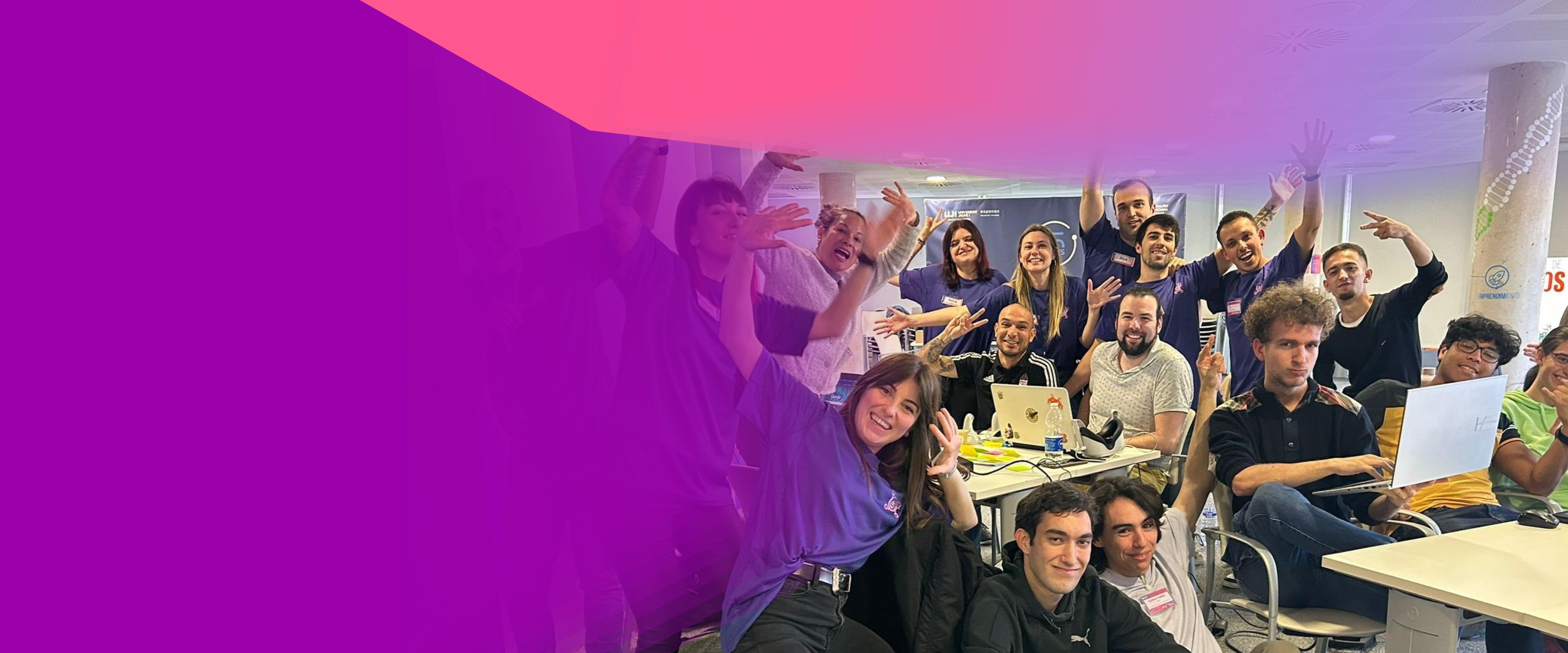Rethinking Education in the Age of Digital Skills
Rethinking Education in the Age of Digital Skills
As the digital world continues to transform, education must evolve in step to ensure learners are equipped for the challenges ahead. The annual theme of DigiEduHack 2025, Rethinking Education in the Age of Digital Skills, highlights the urgent need to reimagine learning frameworks to equip individuals with the digital competencies essential for personal and professional success.
Why Digital Skills Matter
With technology influencing every facet of life, digital literacy is no longer optional; it is fundamental. In fact, digital skills are a major EU priority. Most recently, the European Commission has integrated digital skills into the Action Plan on Basic Skills. This means that basic digital skills are now as important as our ability to read, engage with science, and be active citizens. reinforcing their status as essential competencies.
Together with the Action Plan, the Commission also adopted the STEM Education Strategic Plan that bridges gaps between education and the labour market, fosters better industry collaboration and ensures talent retention across Europe.
But what does this mean for learners and educators? Digital skills go beyond coding—they encompass problem-solving, adaptability, teamwork, and critical thinking in technology-driven environments. As Angela Jafarova, co-founder of Datorium and DigiEduHack National Ambassador for Latvia, puts it:
“For students, the best thing they get out of DigiEduHack is experience. They learn that the world is not fair, time is always short, and teamwork is everything. When you understand this already in school, you become so much more flexible and prepared for the real world.”
DigiEduHack: A Launchpad for Innovation
Since its inception, DigiEduHack has served as a global incubator for fresh ideas in digital education, pedagogy, and emerging technologies. Each year, participants from diverse backgrounds join forces to devise innovative solutions that address educational challenges.
One such success story is Syrtis, a project that emerged from a DigiEduHack event in Brussels. It has since evolved into a Minimum Viable Product (MVP),-a basic version that includes only the most important features to test an idea and get feedback from users.
Backed by Vrije Universiteit Brussel (VUB), the team explored ways to create custom learning journeys that match each student’s needs. Syrtis leverages AI-powered educational content distributed through WhatsApp, Telegram, Slack, Teams, and web platforms, demonstrating the vast potential of technology in scaling education. Reflecting on the hackathon’s impact, the Syrtis team shared:
“The work we've done during the Hackathon supervised by d-teach in Brussels clearly led to visibility and credibility to have the solution adopted. Our solution is, I believe, quite promising and advanced in terms of technical maturity, but also data security & confidentiality.”
Building Beginner-Friendly Learning Environment
DigiEduHack is not only for those with technical expertise—it is a platform where anyone with a vision for improving education can contribute. A past host shared how students with limited tech experience took on the challenge:
“Participating in the hackathon was a new challenge for my students. Since they had less experience in technology, we explored ways to modernise learning. Instead of just talking about challenges, they took action—creating educational video guides, sharing international learning resources, and promoting female scientists to counteract gender stereotypes. They learned teamwork, responsibility, and that even one student can create meaningful change.” — Ana Kintsurashvili, a past DigiEduHack school host
Similarly, Maria Ivanova, one of the finalists of DigiEduHack 2024, described how she never imagined herself competing in an international hackathon:
“I never thought of myself as someone participating in a hackathon, let alone getting to the finals of an international one. But this happened! We were selected out of 41 local DigiEduHack winners around the world and could compete for for the Social Impact award in the beginners' group.”
Her team's Baltic Sea digital escape room used digital education to address environmental challenges highly relevant to her community, highlighting how interdisciplinary and local projects can drive meaningful impact in education.
Looking Ahead: The Role of Digital Skills in Future Learning
As we embark on a new cycle of DigiEduHack, this theme calls on everyone interested in learning new skills to rethink traditional learning models and integrate digital skills at the core of education. From AI-powered learning assistants to immersive digital experiences, DigiEduHack showcases the role of digital innovation in making learning more inclusive, accessible, and engaging.
DigiEduHack is more than an event—it is a catalyst for change, empowering participants to turn ideas into real-world solutions. Whether you are a student, teacher, or entrepreneur, the next edition of DigiEduHack is your opportunity to contribute to the future of education.
Join us and be part of the movement to rethink education in the age of digital skills!
Questions? Reach out to us at contact@digieduhack.com!

